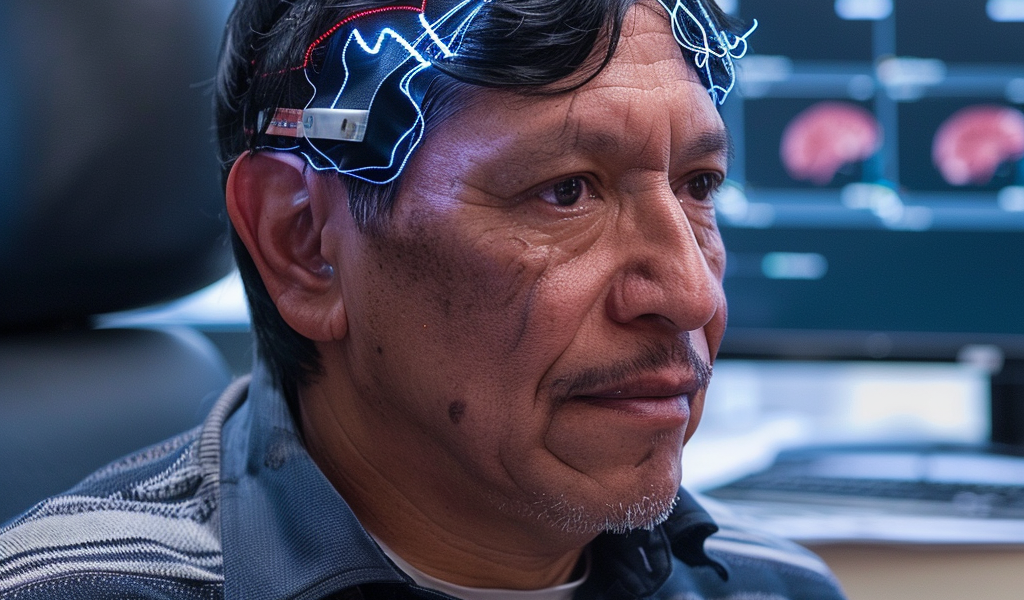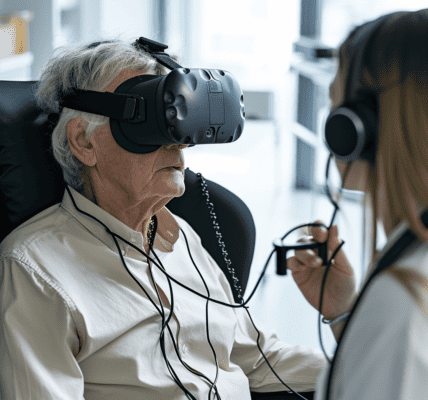Scientists at the University of California, San Francisco have made a groundbreaking advancement in the field of neural engineering by developing a bilingual brain implant that enables a stroke survivor to communicate in both Spanish and English.
The innovative implant, utilizing artificial intelligence technology, was created by a team of nearly a dozen researchers from the university’s Center for Neural Engineering and Prostheses. This cutting-edge system translates the man’s brain activity into coherent sentences in both languages, providing him with the ability to engage in bilingual conversations and seamlessly switch between Spanish and English.
Referred to as Pancho in a recent article published in Nature Biomedical Engineering, the individual had suffered a debilitating stroke in his early twenties, leaving him severely paralyzed and unable to articulate words clearly. Despite being a native Spanish speaker, Pancho had acquired English proficiency as an adult.
Under the guidance of Dr. Edward Chang, a prominent neurosurgeon and co-director of the Center for Neural Engineering and Prostheses, Pancho underwent a neural implant procedure in February 2019. This implant facilitated the monitoring of his brain activity, enabling researchers to develop a sophisticated decoding system.
Through the implementation of a neural network AI method, the researchers successfully trained the implant to interpret Pancho’s brain signals when he attempted to speak, translating them into comprehensible words. This remarkable AI training technique mimics the cognitive processes of the human brain, allowing the brain-computer interface device to process data effectively.
By 2021, the bilingual brain implant had significantly enhanced Pancho’s communication abilities, enabling him to communicate proficiently in English. However, the researchers continued their efforts to expand the implant’s functionality to encompass both Spanish and English, recognizing the importance of bilingualism in shaping an individual’s identity and experiences.
This pioneering development represents a significant milestone in the field of neural engineering and prosthetics, offering hope to individuals with communication impairments. The successful integration of artificial intelligence with neural implants opens up new possibilities for enhancing language capabilities and facilitating seamless communication for bilingual individuals.





